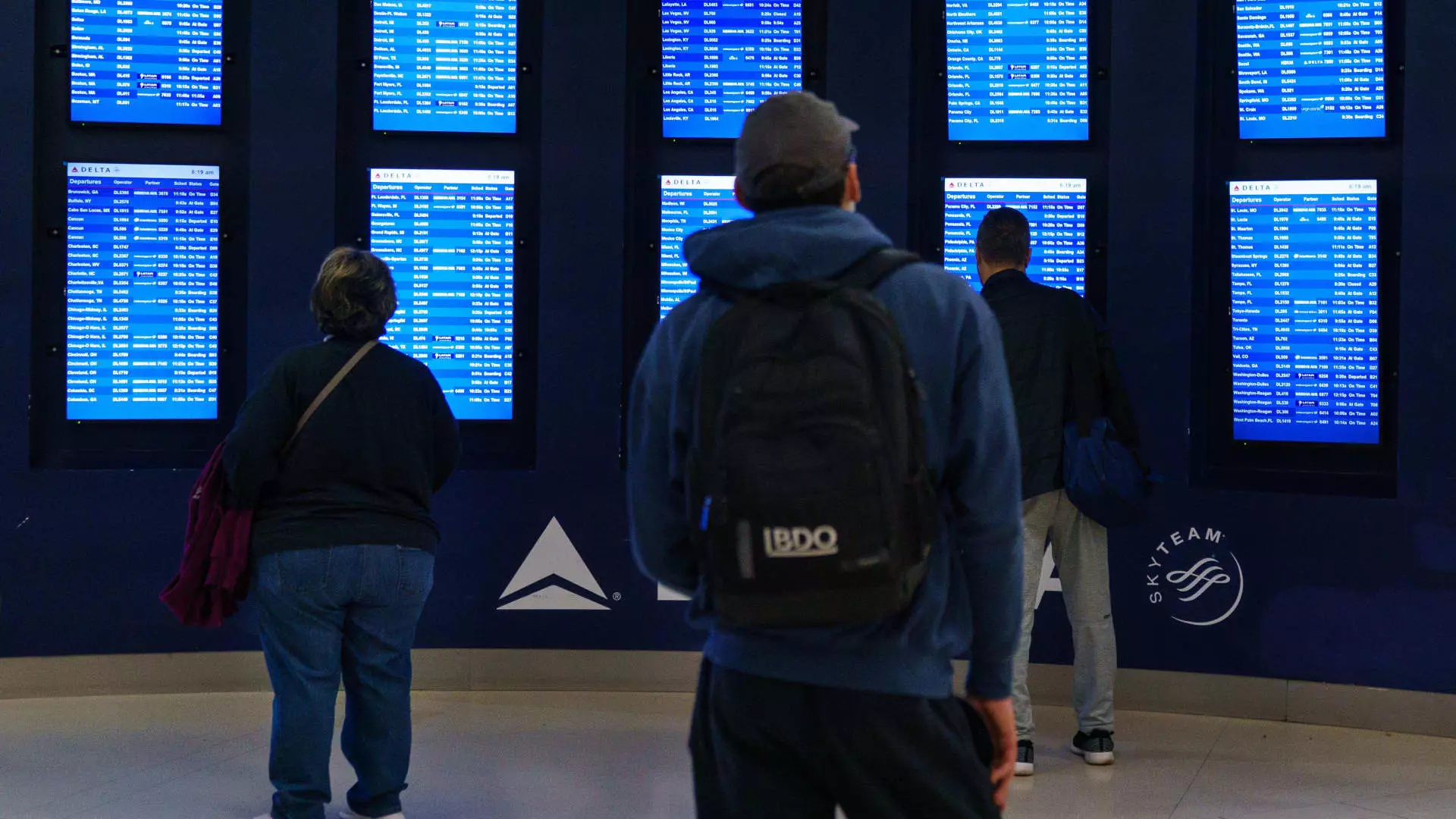As we delve into 2024, the air travel sector has experienced a remarkable revival, especially in the international travel segment. The International Air Transport Association (IATA) reported an impressive increase of nearly 11% in revenue-passenger miles worldwide from January to October. This resurgence signals not just a bounce back from the precipitous declines during the pandemic but a robust recovery fueled by pent-up demand and a global inclination to explore new horizons. The landscape of air travel is shifting dramatically, as airlines adapt to evolving consumer preferences in a post-pandemic world.
Looking ahead, the industry anticipates a further expansion in 2025, with a projected rise in aircraft departures reaching 40 million—a 4.6% increase from the previous year. Airlines are scrambling to meet this demand by enhancing their flight offerings and introducing more premium seating options. The focus on premium services is not merely a trend but a strategic move to maximize revenues, particularly on long-haul flights where the profitability margin is significantly higher. Nevertheless, airlines are navigating a complex web of challenges, including shortages of new aircraft and ongoing financial struggles for some carriers.
Despite the pre-existing challenges, most passengers in 2024 experienced fewer flight disruptions compared to the chaos seen in the wake of staffing shortages. Operational efficiency has been a critical area of focus, which is reflected in the punctuality ratings released by Cirium. These rankings assess airlines based on their adherence to schedules, defining punctuality as arrivals within a 15-minute margin of the scheduled time. Delta Air Lines emerged as the leader among U.S. and Canadian airlines, showcasing resilience despite recent setbacks such as the CrowdStrike incident that disrupted thousands of flights.
However, the competition remains fierce globally. Airlines like Aeromexico and Saudia Airlines also garnered high on-time ratings, reflecting their operational prowess. Other significant players in the punctuality rankings included leading carriers such as Qatar Airways, LATAM Airlines, and Iberia. Notably, the lower rankings of airlines like American Airlines and Southwest Airlines highlight the varied performance across the industry, creating a landscape where operational efficiency can significantly impact market share and customer choice.
As we look toward the future, the airline industry stands at a crossroads, with substantial growth opportunities alongside persistent challenges. The ongoing battle to secure new aircraft and the necessity to maintain financial stability will shape business models for years to come. In an era marked by heightened consumer expectations, airlines must not only prioritize punctuality and reliability but also innovate in offering superior travel experiences to retain and attract customers. The dynamics of air travel, shaped by recovery and resilience, will undoubtedly influence how airlines structure their strategies in a continually evolving market.

